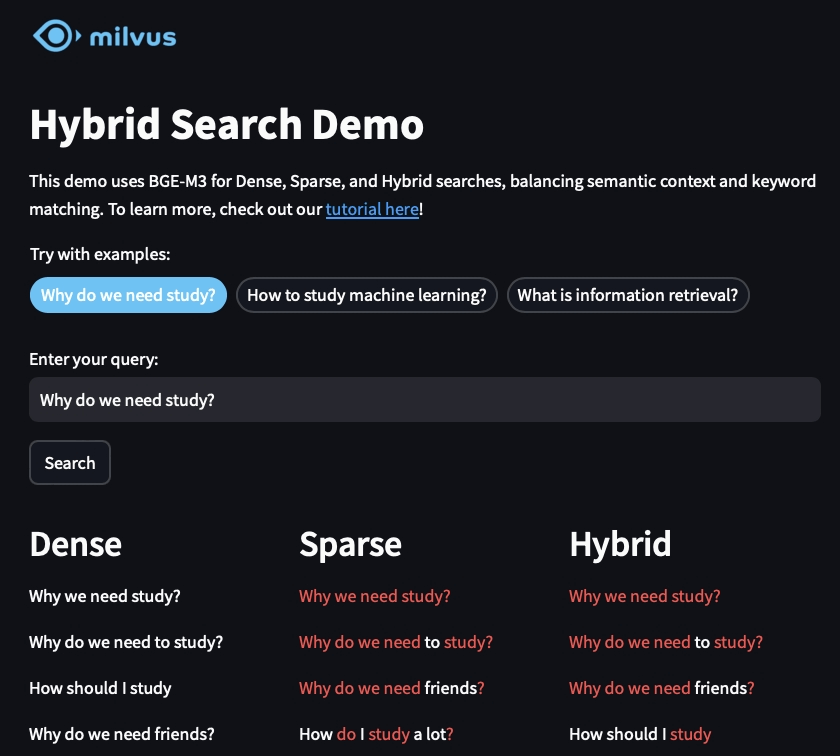Stemming improves full-text search by simplifying words to their base forms, allowing search systems to match variations of a term without requiring exact spelling. For example, a search for “running” could also return results containing “run” or “ran” because stemming reduces all these terms to the root “run.” This process increases recall—the number of relevant documents found—by casting a wider net across different word forms. It works by applying algorithmic rules to strip suffixes (like "-ing," "-ed," or "-s"), though the exact logic depends on the stemming algorithm used (e.g., Porter, Snowball). By normalizing terms during indexing and querying, stemming ensures that related words are treated as equivalents, even if their original forms differ.
A key benefit is handling user queries more flexibly. Without stemming, a search for “jumping” would miss documents containing “jumped” or “jumps,” forcing users to guess all possible variants. Stemming automates this, improving user experience and reducing the need for manual query expansion. It also streamlines the search index: instead of storing every variation (e.g., “connect,” “connected,” “connecting”), the index maps them to a single stem (“connect”), reducing storage overhead and speeding up lookups. For developers, implementing stemming is often as simple as integrating a library like NLTK for Python or Elasticsearch’s built-in analyzers, which apply stemming during data ingestion and query processing.
However, stemming isn’t perfect. Overly aggressive rules can conflate unrelated words (e.g., “university” and “universe” both stemming to “univers”) or fail to handle irregular forms (e.g., “went” → “go”). Despite these edge cases, the trade-off is generally favorable for full-text search, where broad coverage matters more than precision. Developers can mitigate issues by combining stemming with techniques like lemmatization (which uses dictionaries for more accurate roots) or allowing exact-match searches with quotes. Overall, stemming remains a practical, efficient way to balance search relevance, performance, and usability.
